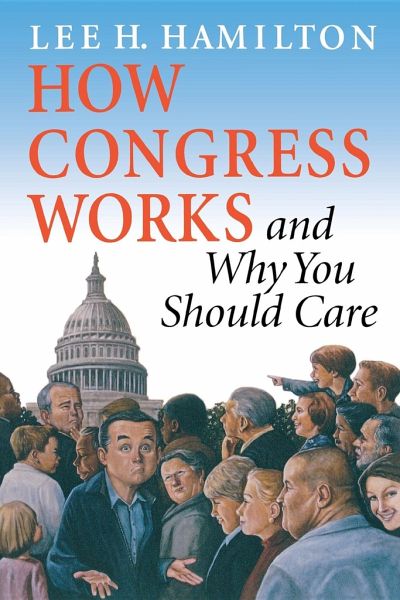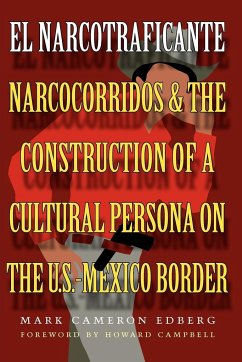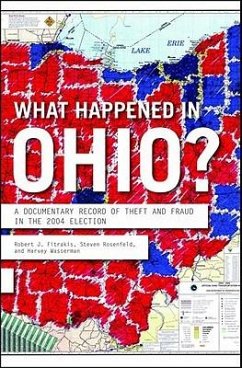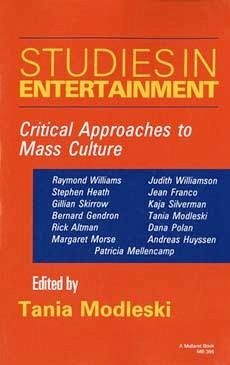
Lee H. Hamilton
Broschiertes Buch
How Congress Works and Why You Should Care
Versandkostenfrei!
Versandfertig in über 4 Wochen

PAYBACK Punkte
8 °P sammeln!




How Congress Works and Why You Should Care is essential reading for anyone who wants to understand the inner workings of Congress, and how all citizens can participate in its unique mission.
Lee H. Hamilton was U.S. Representative from Indiana's Ninth District from 1965 to 1999. He served as Chairman of the House Committee on Foreign Affairs, the Permanent Select Committee on Intelligence, the Joint Economic Committee, and the Joint Committee on the Organization of Congress. He is now director of the Center on Congress at Indiana University. He lives in Bloomington, Indiana.
Produktdetails
- Indiana University Press (IPS)
- Verlag: Indiana University Press
- Seitenzahl: 168
- Erscheinungstermin: 1. Februar 2004
- Englisch
- Abmessung: 233mm x 155mm x 13mm
- Gewicht: 272g
- ISBN-13: 9780253216953
- ISBN-10: 0253216958
- Artikelnr.: 13723841
Herstellerkennzeichnung
Libri GmbH
Europaallee 1
36244 Bad Hersfeld
gpsr@libri.de
Für dieses Produkt wurde noch keine Bewertung abgegeben. Wir würden uns sehr freuen, wenn du die erste Bewertung schreibst!
Eine Bewertung schreiben
Eine Bewertung schreiben
Andere Kunden interessierten sich für











